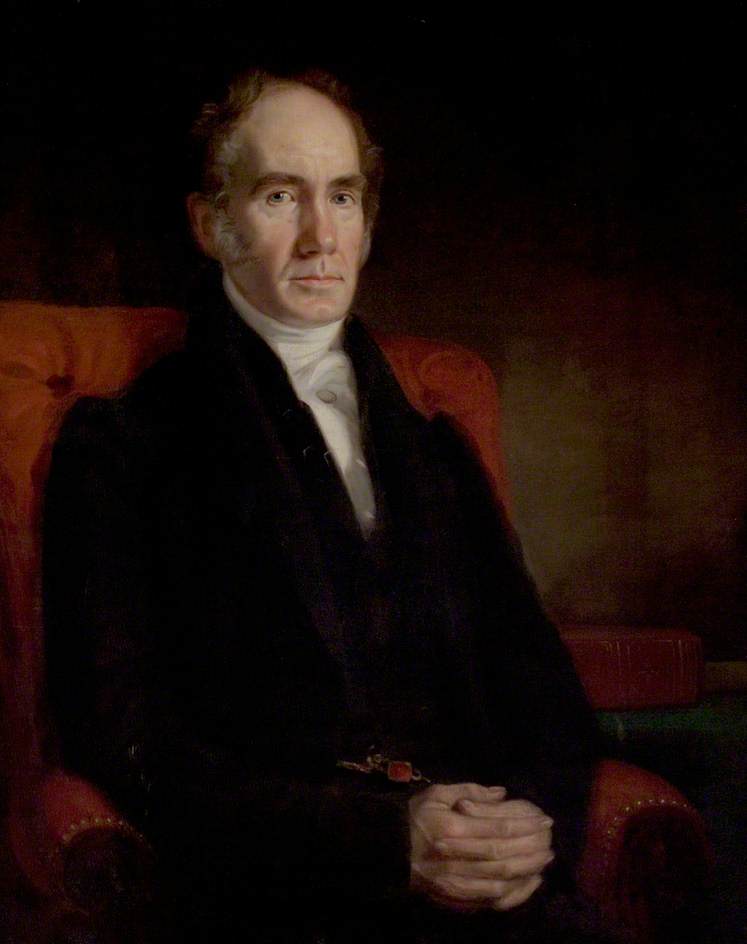“CHRISTIANITY,” it hath been said, “is not founded in argument.” If it were only meant by these words, that the religion of Jesus could not, by the single aid of reasoning, produce its full effect upon the heart; every true Christian would chearfully subscribe to them. No arguments unaccompanied by the influence of the Holy Spirit, can convert the soul from sin to God; though even to such conversion, arguments are, by the agency of the Spirit, render’d subservient. Again, if we were to understand by this aphorism, that the principles of our religion could never have been discover’d, by the natural and unassisted faculties of man; this position, I presume, would be as little disputed as the former. But if, on the contrary, under the cover of an ambiguous expression, it is intended to insinuate, that those principles, from their very nature, can admit no rational evidence of their truth, (and this, by the way, is the only meaning which can avail our antagonists) the gospel, as well as common sense, loudly reclaims against it.
The Lord JESUS CHRIST, the author of our religion, often argu’d, both with his disciples and with his adversaries, as with reasonable men, on the principles of reason. Without this faculty, he well knew, they could not be susceptible either of religion or of law. He argu’d from prophecy, and the conformity of the event to the prediction[1]. He argu’d from the testimony of John the Baptist, who was generally acknowledged to be a prophet[2]. He argu’d from the miracles which he himself perform’d[3], as uncontrovertible evidences, that GOD Almighty operated by him, and had sent him. He expostulates with his enemies, that they did not use their reason on this subject. Why, says he, even of yourselves, judge ye not what is right[4]? In like manner we are called upon by the apostles of our Lord, to act the part of wise men, and judge impartially of what they say[5]. Those who do so, are highly commended, for the candour and prudence they discover, in an affair of so great consequence[6]. We are even commanded, to be always ready to give an answer to every man, that asketh us a reason of our hope[7]; in meekness to instruct them that oppose themselves[8]; and earnestly to contend for the faith which was once delivered to the saints[9]. God has neither in natural nor reveal’d religion, left himself without a witness; but has in both given moral and external evidence, sufficient to convince the impartial, to silence the gainsayer, and to render the atheist and the unbeliever without excuse. This evidence it is our duty to attend to, and candidly to examine. We must prove all things, as we are expressly enjoin’d in holy writ, if we would ever hope to hold fast that which is good[10].
George Campbell, A Dissertation on Miracles (Edinburgh: A. Kincaid & J. Bell, 1762), pp. 1-4.
[1]Luke xxiv. 25. &c. John v. 39. & 46.



